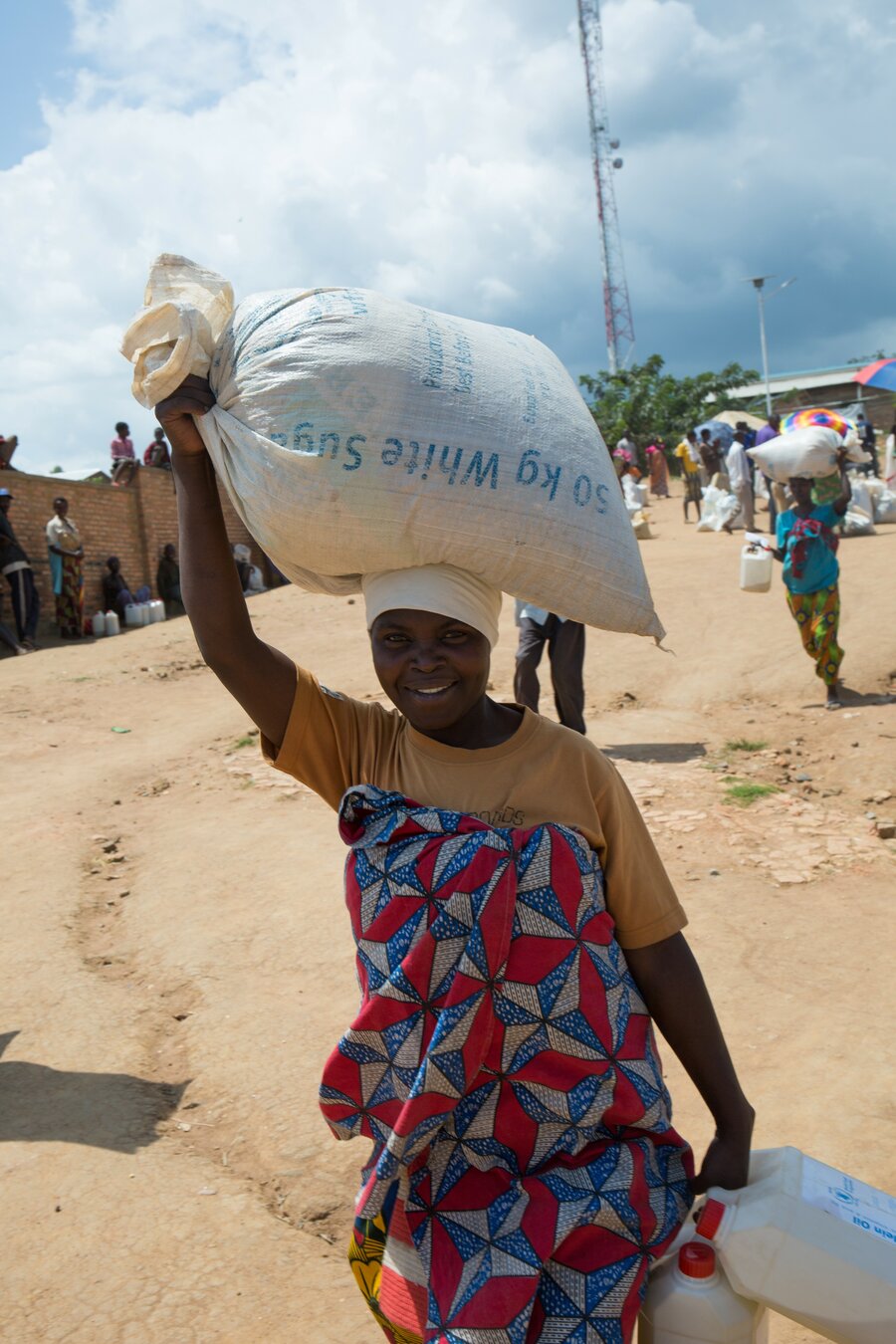With nowhere to go and nothing to do — there is only waiting
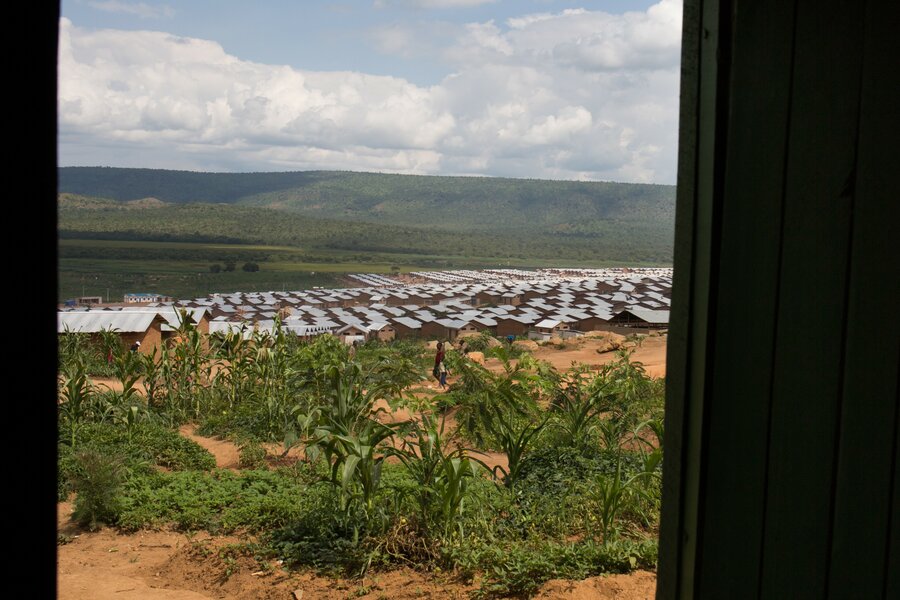
Beatrice Hagenimana came to Mahama refugee camp, in the Eastern Province of Rwanda, with her family two years ago.
"I had to leave Burundi. People wanted to kill us, we had no other choice. I really want to go back, but it is not possible. The situation is still very insecure,'' she says.
Since 2015, more than 60,000 Burundian refugees have crossed the border into Rwanda, fleeing violence and insecurity. The needs are vast but funding is running low as global crises overwhelm donor countries' capacity to give.
The camp used to be a forest — and you can still see the green hills of Rwanda with Tanzania in the distance — but today it is home to 56,000 people.
It is the sixth largest refugee camp in Rwanda, which despite its small size and densely populated territory, is hosting over 160,000 refugees, who are primarily from Burundi and the Democratic Republic of Congo.
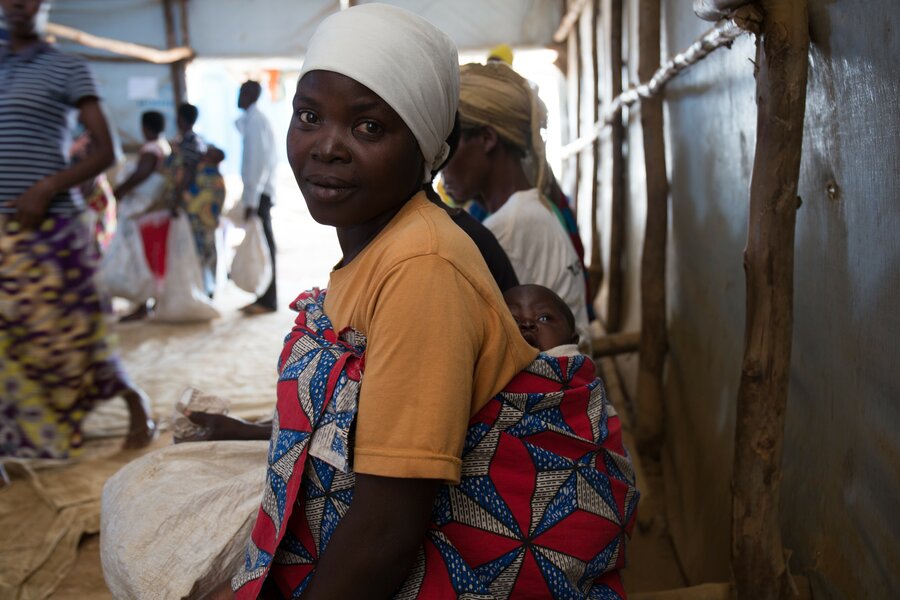
Thanks to flexible funds from donors such as the Nordic countries, the World Food Programme (WFP) has been able to meet the needs of the people caught in this protracted crisis. In Rwanda, WFP provides food assistance to some refugee camps in the form of monthly food rations, but has switched to cash transfers in others. People have said that they enjoy having the power to choose.
In the beginning of every month, Beatrice comes to the food distribution centre in the Mahama camp to receive her family's monthly food parcel.
At the food distribution, Beatrice's ID is first checked and confirmed through UNHCR's database. Once approved Beatrice she sits and waits her turn. When her name is called it is time to go and collect the food. It includes oil, corn, corn soy blend flour, beans and salt.
Up until now, the people in Mahama camp have received a full food ration, which is just enough to cover the basic needs of the family. But unfortunately not this time. Funding shortages forced WFP to trim assistance to 90 percent in November and December. The funding situation is now so bad that from January WFP reduced the ration sizes even further — to 75 percent.
"The life in the camp is not easy. We get food from WFP every month, but it is just enough. And since we get even less food now, things are getting worse. It is very hard to find food for my family,'' Beatrice explains.
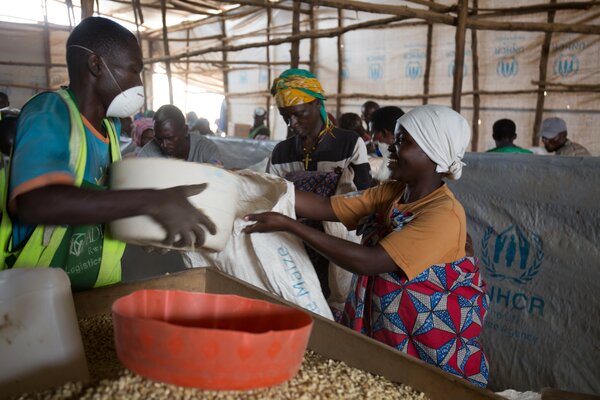
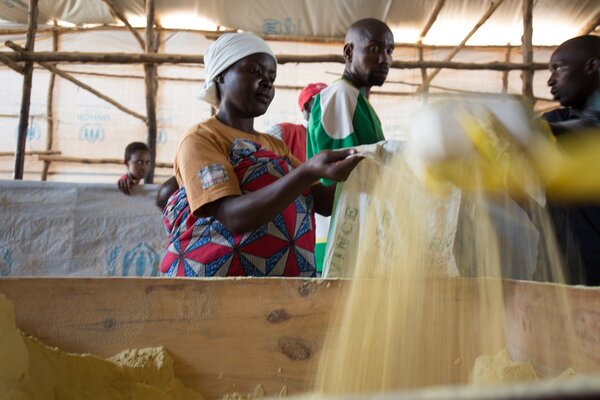
‘' I am just sitting at home, with nowhere to go and nothing to do… other than just waiting for peace so that we can return home''
Beatrice comes to the food distribution by herself together with her 6-month-old baby Emeline. With Emeline sleeping on her back, Beatrice collects food for the coming month for the whole family, and carries it home. She is used to working hard and at the same time taking care of her children. But life in the camp is still worlds apart from the life she lived in Burundi.
"I used to work as a farmer, I miss it every day. There is nothing I can do here, I am just sitting at home, with nowhere to go and nothing to do… other than just waiting for peace so that we can return home,'' Beatrice explains.
Beatrice wants to go back with her family to a normal life as farmers in Burundi. Even though life in the camp seems far away from a normal life, she still has hope that peace will come. For now, with all food collected, Beatrice will start the long walk back to her house.
Another month in Mahama camp, another month waiting for peace.
